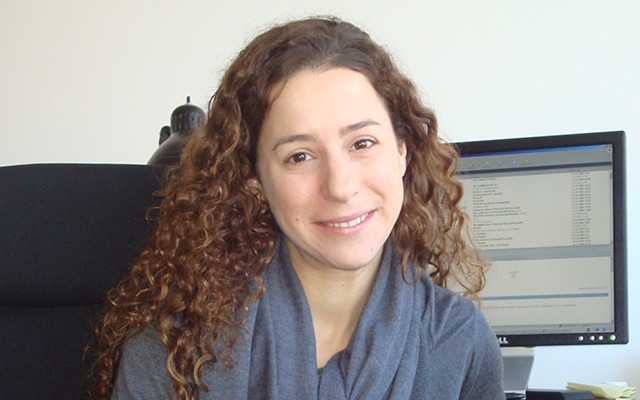faculty
Trade Liberalization is Crucial Element in Skill and Technology Upgrades, Says GSE Affiliated Professor Paula Bustos

Paula Bustos, BSE Affiliated Professor and CREI Researcher, has found that trade liberalization plays a key role in explaining the rising demand for skilled labor through its impact on adoption of new technologies.
These results are revealed in her paper, “The Impact of Trade on Technology and Skill Upgrading: Evidence From Argentina”, for which she was given the Young Economist Award of the European Economic Association in August 2007.
In her research, Professor Bustos investigates causes of the increase in the relative demand for skill. Most previous research on this topic has focused on two alternative causes: trade or skill-biased technical change. Several empirical studies in both developed and developing countries document increases in skill intensity within all sectors, favoring the technological change explanation over trade.
Instead, Professor Bustos presents and tests a model in which bilateral trade liberalization increases exporting revenues inducing more firms to enter the export market and to adopt skilled-biased new technologies.

BSE Affiliated Professor and CREI Researcher Paula Bustos
Her analysis of the impact of Argentina’s trade liberalization on the demand for skill in the industrial sector revealed that the increase in the relative demand of skilled labor does not come from labor reallocation across industries or firms, but from skill upgrading within firms.
Professor Bustos explains, “Firms that upgrade technology faster also upgrade skill faster. Though at first sight this finding is consistent with technological change being the main cause of the increase in the demand for skill, further inquiry reveals that this is not the case.” Trade liberalization causes technology adoption and an increase in the relative demand for skill through that channel.
First, the link between trade and technology adoption is established by the observation that firms that entered the export market after liberalization became more skill and technology-intensive than non-exporters in the same industry. In particular, says Professor Bustos, “New entrants in the export market upgraded technology faster than non-exporters, increasing their spending in technology 43% more after liberalization.”
Though these firms were not more skill intensive than non-exporters prior to liberalization, they upgraded skill 1.7 times faster in the 5 years after liberalization. These differential effects on the firms that were most affected by liberalization suggest that it had a strong impact on technology upgrading.
Second, Professor Bustos shows that reductions in variable export costs induce technology upgrading by analyzing the bilateral trade liberalization that took place between Argentina and Brazil in the beginning of the 1990’s. She finds that Argentinean firms in industries where Brazil’s tariffs fell more were more likely to enter the export market and increased technology intensity faster.
Professor Bustos’ research sheds new light on the causes of increasing demands for skilled labor, which was previously thought to be best explained by technological change, with trade liberalization playing a smaller role. Her research has demonstrated that this is not the case, and that in reality trade liberalization does cause an increase in the demand for skilled labor.
Says Professor Bustos, “The policy implications of this are that when trade is liberalized you can expect increased demand for skilled labor. Developing countries can expect trade liberalization to have a positive impact in growth, however, this may also result in increases in wage inequalities.”
